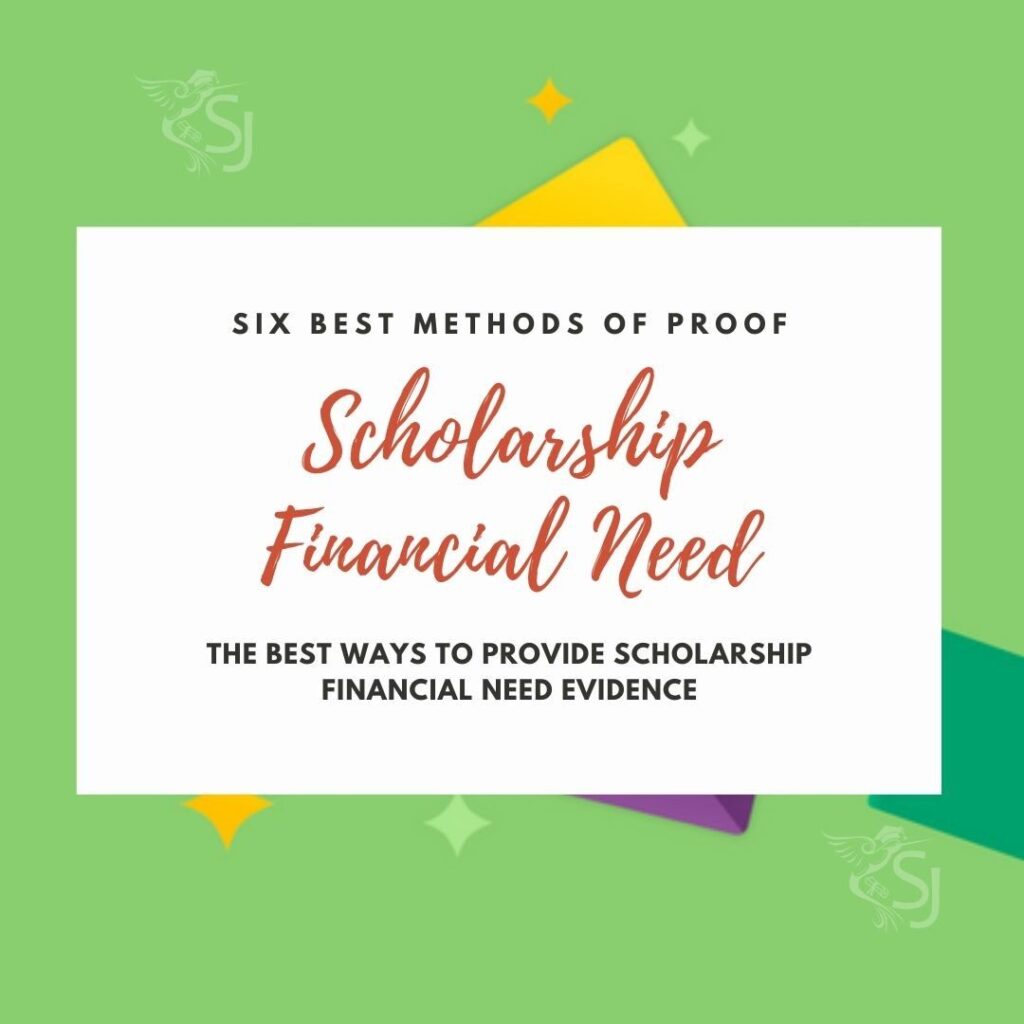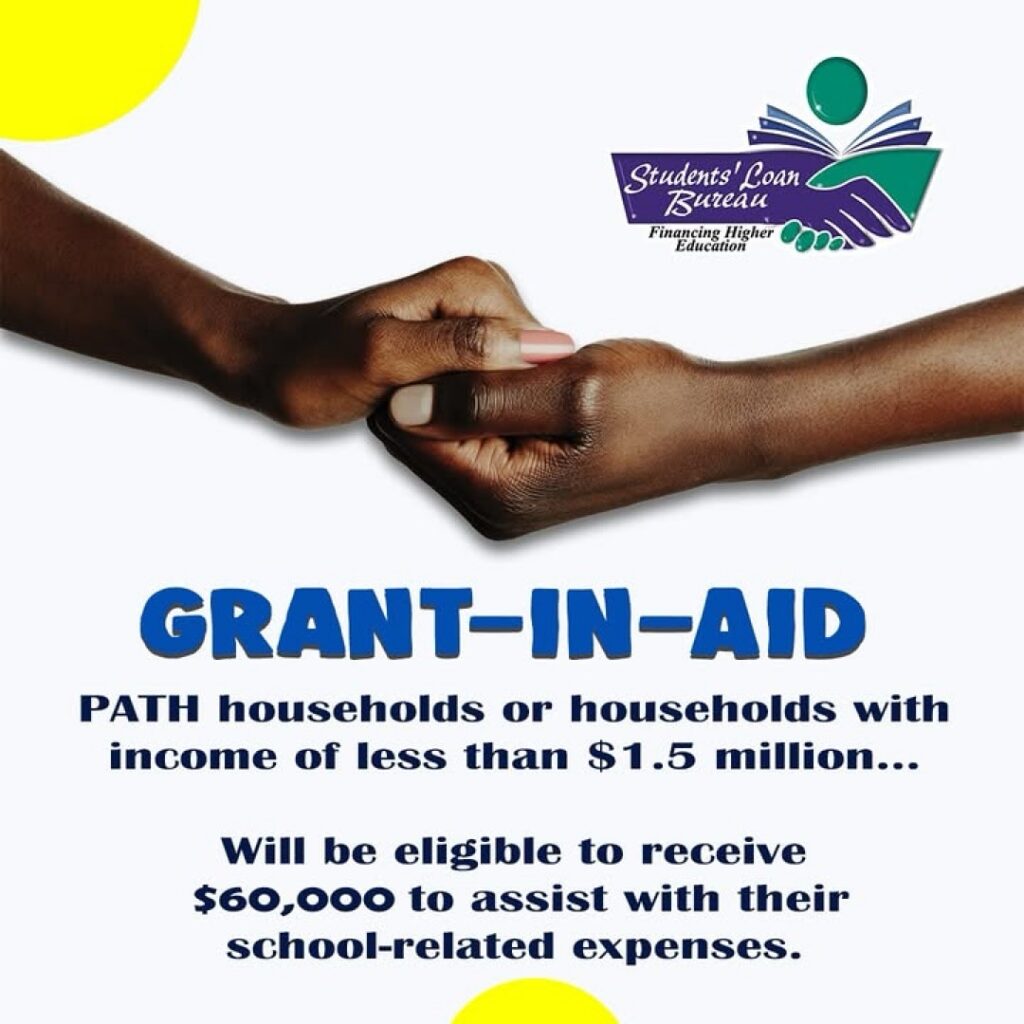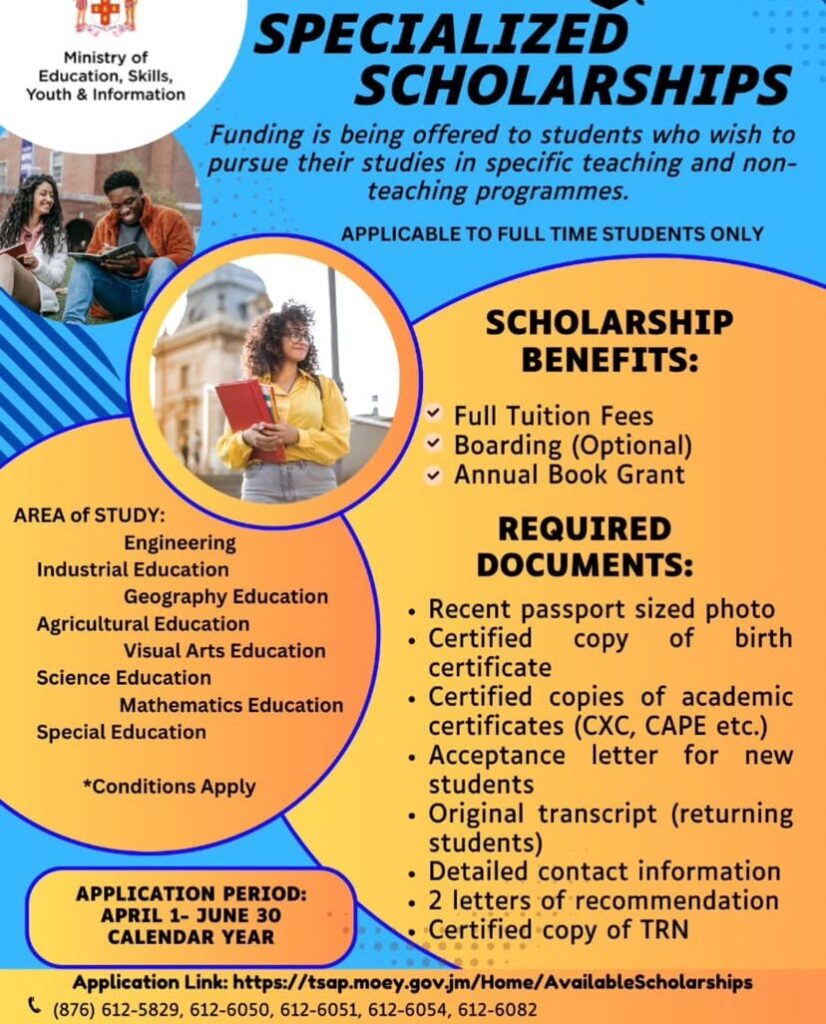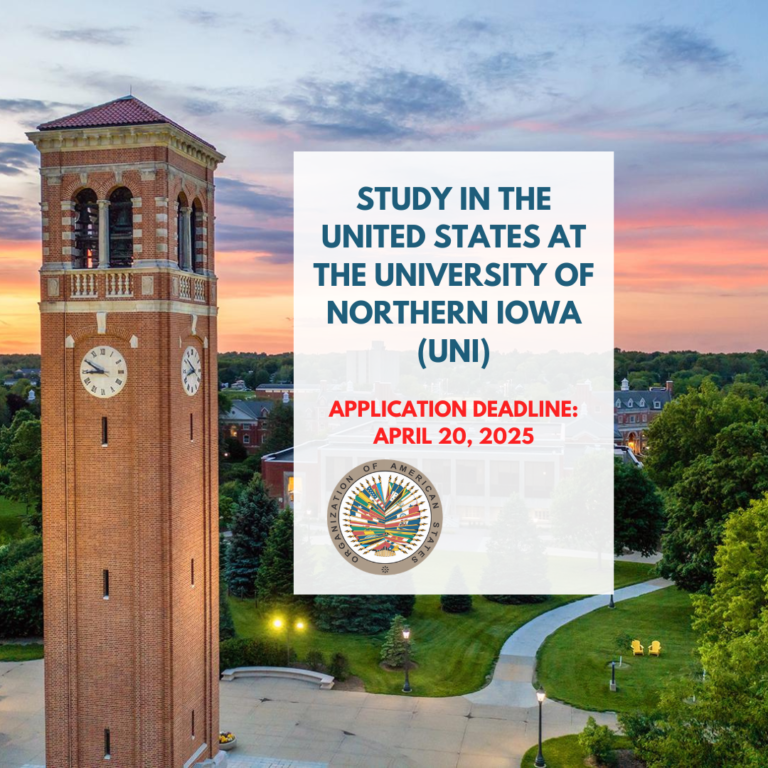
US Law School Scholarships! The average USA law school student borrows more than $115,000 in student loans to pay for school. However, with interest and long repayment periods, you could end up paying back more than double that amount.
Instead of increasing how much you borrow, look into free money. Scholarships are available for every level of college, including law school. Here are some of the best law school scholarships for United States based students.
- Legal Opportunity Scholarship Fund.
- Paul & Daisy Soros Fellowships for New Americans.
- Sidney B. Williams, Jr. Scholarship.
- The National LGBTQ Scholarship Fund.
- Mike Eidson Scholarship.
- MALDEF Law School Scholarship Program.
- Rizio Liberty Lipinsky Lawyer Scholarship.
- Richard D. Hailey Scholarship.
- Judge John R. Brown Scholarship.
Legal Opportunity Law School Scholarship Fund
This scholarship from the American Bar Association (ABA) provides financial assistance to students in racial and ethnic minority groups in their first year of law school.
To qualify, you must be entering your first year of law school and be a member of an underrepresented racial or ethnic minority. Part-time students are eligible.
You’ll need to show you’re attending an ABA-accredited law school to qualify, and you’ll have to demonstrate a minimum cumulative GPA of 2.5 at your undergraduate institution.
Winners will receive $5,000 annually, which may be renewed two more years for a total of $15,000. Up to 20 people are selected. The 2020 deadline is passed, but you can learn more about when the scholarship opens to prepare for next year.
Also read more:
Paul & Daisy Soros Fellowships for New Americans
This fellowship isn’t specifically for law school students, but graduate students in general.
The Paul & Daisy Soros Fellowships for New Americans is designed for graduate students age 30 and younger (there is no minimum age requirement) who are immigrants or children of immigrants. You can either be planning to enroll full time in graduate school for the 2021-22 school year or be currently enrolled.
If you’ve already started your third year that you’re seeking funding for, you’re not eligible. The deadline is Oct. 29, and you could win up to $90,000 in financial assistance over two years. Apply here.
Sidney B. Williams, Jr. Scholarship
This scholarship, offered by the Foundation for Advancement of Diversity in IP Law, is designed for students in underrepresented racial and ethnic groups attending an ABA-accredited law school in fall 2021.
You could win up to $10,000 per year for up to three years, with the second- and third-year awards dependent on academic performance. You’ll need to concentrate on intellectual property and apply by Dec. 31.
The National LGBTQ Scholarship Fund
Full-time students — both undergraduate and graduate — can apply for the Point Foundation Scholarship Fund. You must be “out” as a person who identifies as part of the LGBTQ community and be at least a high school senior.
If you’re enrolled or planning to enroll in a community college, trade school or online program, you’re not eligible. During the selection process, Point assesses financial need, as well as a proven track record of leadership and community involvement.
If selected, you’ll need to complete an in-person interview in April. There is no set amount to win from this scholarship fund. Instead, Point fills in funding gaps that other scholarships, grants and loans don’t. Applications open Nov. 1.
Mike Eidson Scholarship
This scholarship is for female law school students in their third (or qualifying fourth) year in school. You’ll need to prove your commitment as a plaintiff lawyer or criminal defense lawyer.
The Mike Edison Scholarship awards up to $5,000 annually. The deadline for 2020 passed, but you can bookmark this link to save for future scholarship openings.
MALDEF Law School Scholarship Program
The Mexican American Legal Defense and Educational Fund offers up to 15 scholarships every year to law students who are practicing to advance Latino civil rights in their community.
Full-time students enrolled in accredited law schools are eligible. You’re evaluated based on your background, financial need and academic performance.
The MALDEF scholarship is currently closed, but you can stay up to date to see when applications are accepted.
Rizio Liberty Lipinsky Lawyer Scholarship
The Rizio Liberty Lipinsky Lawyer Scholarship is open to U.S. citizens who are aspiring attorneys and who will be enrolled in law school in the upcoming school year.
To apply, you’ll need to write an essay of 1,000 words or less detailing why you want to be an attorney. If selected, you’ll win $10,000 toward college costs. The 2020-21 application deadline is closed, but you can stay tuned for the latest updates.
Richard D. Hailey Scholarship
The American Association of Justice (AAJ) will award a $5,000 scholarship to a minority law school student in their first, second or third year of law school.
To apply, you’ll need to include a resume, an essay of up to 500 words detailing how you meet the criteria, up to three recommendations and a completed form that verifies your status.
Winners demonstrate financial need and showcase an interest in representing people who have been injured, neglected or mistreated. You’ll also need to be an AAJ law student member. Find out more information about how to apply.
Judge John R. Brown Scholarship
This scholarship awards up to $10,000 in recognition of legal writing. There are multiple scholarship levels available: $10,000 for first place, $5,000 for second place and $3,000 for third place, with a few $1,000 finalist options available.
You’ll need to be currently enrolled in an accredited law school and submit copies of a current legal writing, along with a letter of recommendation — all through physical mail.
The current scholarship cycle has ended, but you can see past winners and eligibility requirements for future school years.
Additional ways to pay for law school
While some scholarships are available just for law school, they can get highly competitive, which means you may not win in a crowded pool. There are other ways to pay for law school, including:
Broader scholarships: Some scholarships listed here aren’t just law school-focused, but are awarded based on other types of criteria. Instead of limiting your scholarship scope, broaden your search to include many different facets of your life, including race, nationality, background, sexual orientation or other features. Don’t be afraid to use your differences to your advantage. You can also use a scholarship finder.
School aid: Some law schools offer grants to need-based students to help offset the cost. While national scholarships tend to have high awards, remember to look within your school for extra help. Also consider local scholarships and grants from within your community. Many organizations are looking for ways to help students.
Law school loans: Both federal and private student loans are available to graduate students who need to pay for school. While student loans require you to repay what you’ve borrowed, they’re a great way to cover costs that free money doesn’t. Apply for federal loans first to get the lowest interest rates and friendliest repayment terms. Then look to private student loans.
Sourced from BankRate.com and written by Dori Zinn












Comments are closed